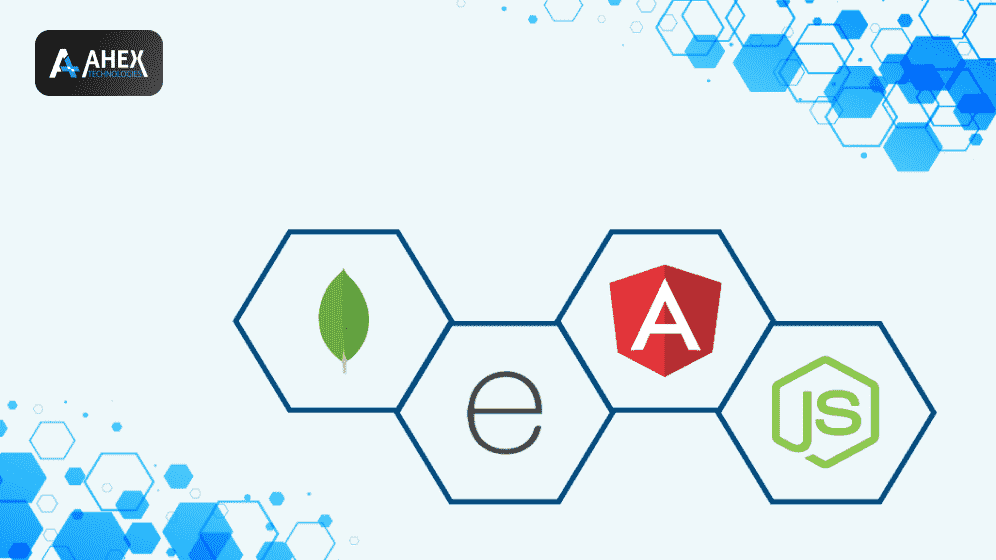
The MEAN stack (MongoDB, Express.js, Angular, and Node.js) has gained immense popularity among developers for building robust and scalable web applications. However, to maximize the efficiency of MEAN stack development, it’s important to employ effective strategies and utilize the right tools. In this article, we will explore essential tips and tricks that will help you boost your development game and make the most out of the MEAN stack.
Table of Contents
- Introduction to the MEAN Stack
- Modularize Your Codebase
- Leverage the Power of Middleware
- Optimize Front-end Performance with Angular
- Utilize MongoDB Indexing
- Embrace Asynchronous Programming with Node.js
- Automate Testing and Continuous Integration
- Take Advantage of MEAN Stack Libraries and Frameworks
- Use Performance Monitoring Tools
- Stay Updated with MEAN Stack Ecosystem
- Conclusion
Introduction to the MEAN Stack
The MEAN stack is a full-stack JavaScript framework that allows developers to build web applications using a combination of MongoDB, Express.js, Angular, and Node.js. Each component plays a vital role in the development process, offering a scalable and efficient solution for modern web applications.
Modularize Your Codebase
To enhance the maintainability and scalability of your MEAN stack application, it’s crucial to modularize your codebase. Break your code into reusable modules, each responsible for a specific functionality or feature. This approach promotes code reusability, improves code organization, and simplifies debugging and maintenance.
Leverage the Power of Middleware
Express.js, the backend framework of the MEAN stack, offers middleware that can enhance the functionality and performance of your application. Utilize middleware to handle tasks such as request parsing, authentication, error handling, and logging. Middleware allows you to customize the request-response cycle, making your application more robust and efficient.
Optimize Front-end Performance with Angular
Angular, the front-end framework of the MEAN stack, provides various techniques to optimize the performance of your application. Utilize Angular’s features like lazy loading, ahead-of-time (AOT) compilation, and tree shaking to reduce bundle size, improve loading times, and enhance user experience. Implementing best practices such as code minification, caching, and image optimization further boost front-end performance.
Utilize MongoDB Indexing
MongoDB, the NoSQL database of the MEAN stack, offers powerful indexing capabilities that can significantly improve query performance. Analyze your application’s data access patterns and create appropriate indexes to optimize query execution. Proper indexing can greatly enhance the overall performance of your MEAN stack application.
Embrace Asynchronous Programming with Node.js
Node.js, the runtime environment of the MEAN stack, excels at handling asynchronous operations. Embrace the asynchronous nature of Node.js by utilizing features like callbacks, promises, and async/await. This approach allows you to write non-blocking code, improve performance, and handle concurrent requests efficiently.
Automate Testing and Continuous Integration
Implementing automated testing and continuous integration is crucial for ensuring the stability and reliability of your MEAN stack application. Utilize testing frameworks like Mocha, Jasmine, or Jest to write unit tests, integration tests, and end-to-end tests. Integrate your codebase with a continuous integration tool like Jenkins or Travis CI to automate the testing and deployment process.
Take Advantage of MEAN Stack Libraries and Frameworks
The MEAN stack ecosystem offers a wide range of libraries and frameworks that can speed up development and provide additional functionality. Utilize libraries like Mongoose for MongoDB object modeling, Passport.js for authentication, and Socket.io for real-time communication. These tools can save development time and offer well-tested solutions for common tasks.
Use Performance Monitoring Tools
Monitor the performance of your MEAN stack application using performance monitoring tools like New Relic, Datadog, or Google Analytics. These tools provide insights into application performance, identify bottlenecks, and help optimize resource usage. Monitoring and analyzing application performance allow you to proactively address issues and deliver a better user experience.
Stay Updated with MEAN Stack Ecosystem
The MEAN stack ecosystem is continuously evolving, with updates and improvements being released regularly. Stay updated with the latest versions of MongoDB, Express.js, Angular, and Node.js, as well as their associated libraries and frameworks. Follow relevant blogs, attend conferences, and participate in developer communities to stay informed about the latest trends and best practices.
Conclusion
By incorporating these essential tips and tricks into your MEAN stack development workflow, you can boost your productivity and maximize the efficiency of your applications. Modularizing your codebase, leveraging middleware, optimizing front-end performance, utilizing database indexing, embracing asynchronous programming, automating testing and continuous integration, utilizing libraries and frameworks, monitoring performance, and staying updated with the MEAN stack ecosystem will help you develop robust, scalable, and high-performing applications. Embrace the power of the MEAN stack and elevate your development game to new heights.







